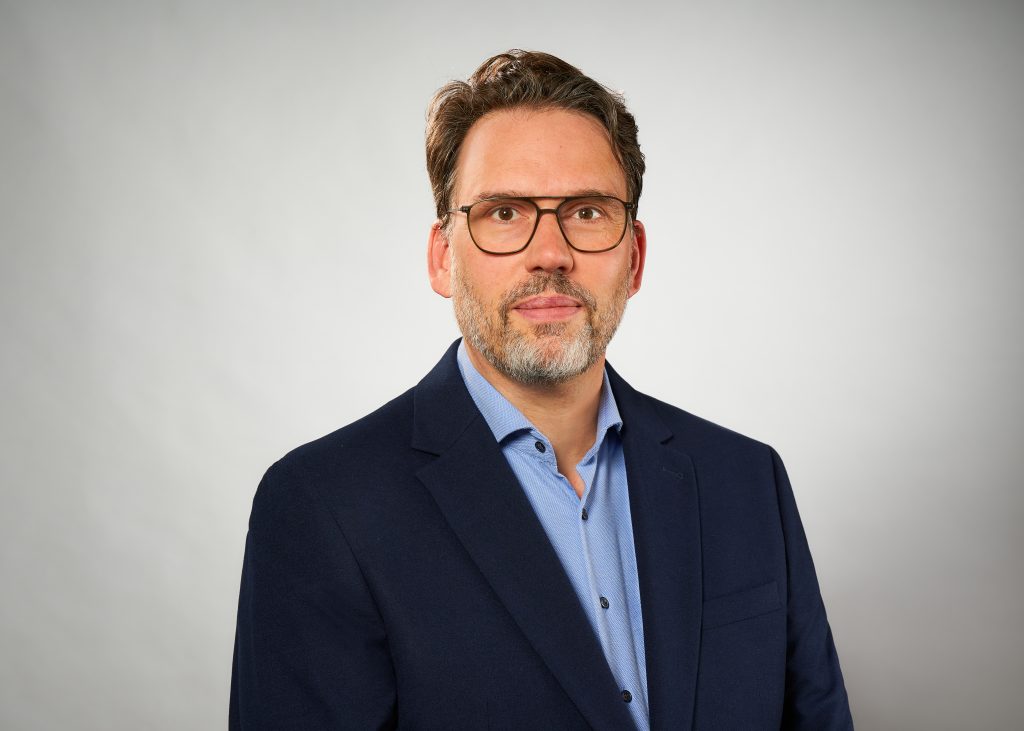Digitalität
LivArch – Documenting Russia’s war against Ukraine: The challenges of living archives for historical knowledge production
Historians have been debating the paradox of abundance and scarcity of archives and sources since the worldwide popularization of Web 2.0. The ongoing war in Ukraine (2022-) stands out among other disruptive events in the 21st century that comprise such a paradox the most, as one can see by the emergence of new types of community-driven archives, the generation of archival material in real time, and the increased reliance on digital sources due to the inaccessibility of physical archives. Historical research on this war will rely on a multitude of digitally born sources that are being gathered and generated mostly by grassroots activities using social network posts, chats, videos, snapshots by mobile devices, or georeferenced data by satellite.
learn more